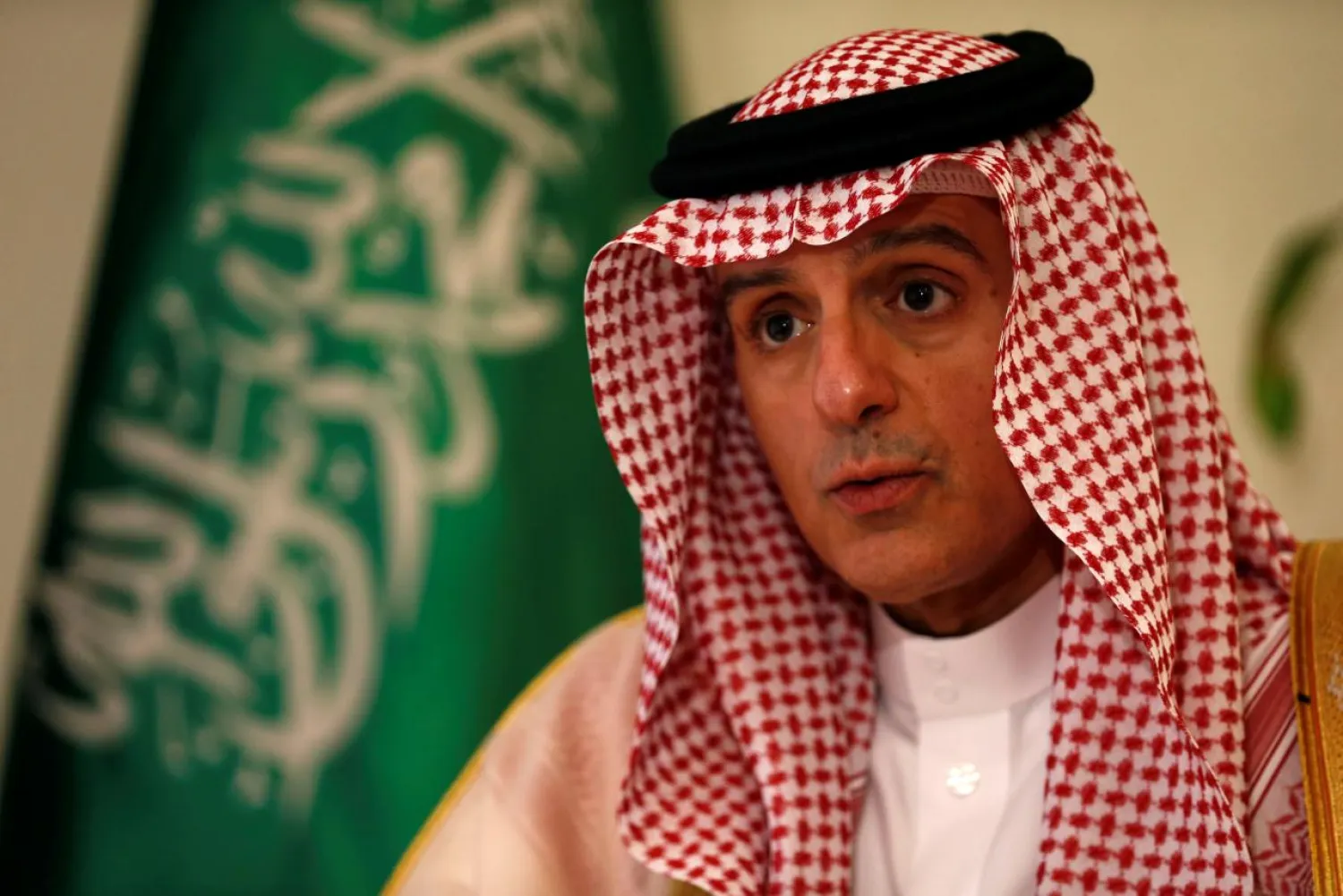The Syrian Opposition's second expanded meeting launched in Riyadh on Wednesday.
Saudi Foreign Minister Adel bin Ahmed Al-Jubeir, who hosts the meeting, addressed the opening session of the two-day gathering before leaving the room for the members of Syrian opposition to discuss the crisis in their country, welcoming them in the Kingdom and expressing hope that their endeavor and efforts strike every success.
In his speech, Jubeir said the meeting comes amid international consensus on the importance of reaching a political solution to the Syrian crisis, describing the stage the Syrian crisis is witnessing as critical as it turned seventh.
Addressing the partakers, he said "the Syrian people everywhere are now gearing to you and waiting for tangible results to achieve their aspirations as you are now facing an historic responsibility to end the crisis which your people can no longer tolerate and gearing to see a solution in the offing and move to future under a clear political framework".
Jubeir stated that the Kingdom of Saudi Arabia will remain standing by the side of the Syrian people, as firm as it was.
“We will provide help and support for them in all what they need,” Jubeir told reporters.
“We hope they can come out of the conference unified,” he added.
He pointed that there would be no solution for the Syrian crisis without Syrian congruence and consensus that would achieve the aspirations of the people who look forward to see their suffering coming to an end based on Geneva I declaration and UN Security Council resolution No. 2254.
For his part, Staffan de Mistura, the UN special envoy for the Syrian crisis, who also attended the opening session, demanded the Syrian opposition to form a unified delegation to Geneva talks, saying that humanitarian assistance should reach everyone in the besieged areas and adding that "within few days we are going to put a framework for the political process in Syria".
De Mistura added that Riyadh meeting aims at reactivating Geneva negotiations.
Following the departure of Jubeir, the conference, which gathers a wide-range spectrum of the Syrian opposition, started.









